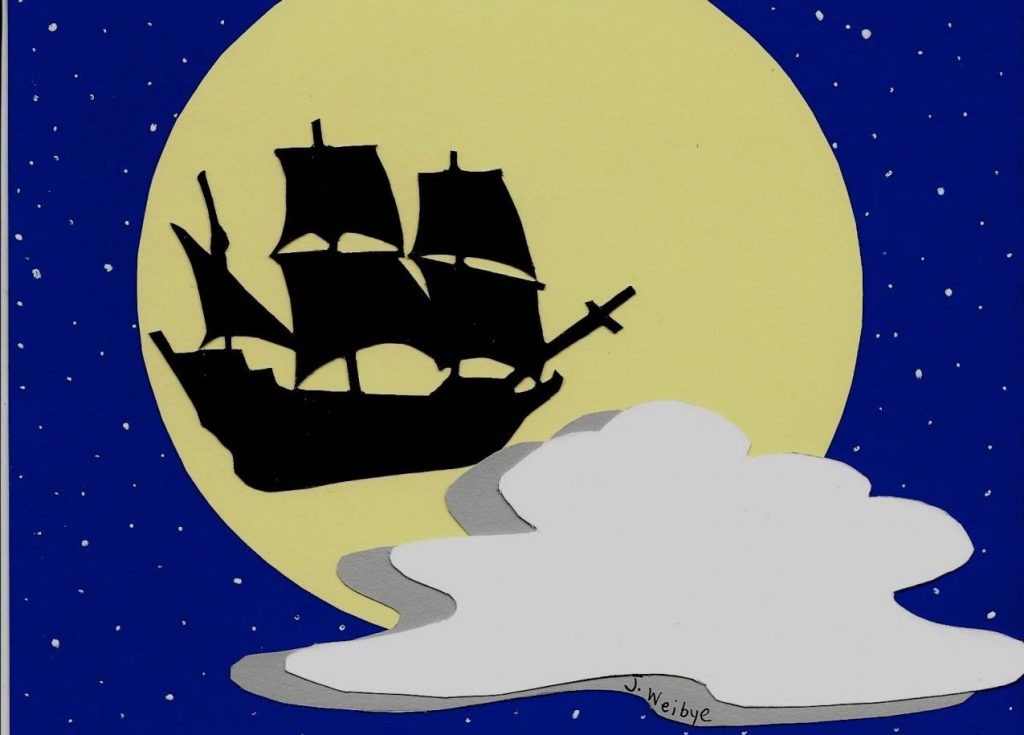U.S. involvement in space exploration has been controversial since the nation’s participation in the space race with the Soviet Union during the Cold War. After the Soviet Union launched Sputnik in 1957, the first man-made satellite to orbit the Earth, the United States spent an enormous amount of resources to uphold American exceptionalism and become the first nation to reach the moon. Being the first nation to land on the moon bolstered the United States’ international dominance during that time period and still has colossal impact on our reputation today. Space travel is a necessity that we should continue to invest in for reasons of both practical gains and national identity.
Exploration has been the cornerstone of the American identity since before European colonists arrived on the mainland. The exploration of North America exploded over the course of many centuries and expeditions, and resulted in European colonization of the Americas. After the Europeans had made their mark on the Americas, they looked to the westward frontier, which was eventually closed in 1890. Each of these frontiers brought challenges and expanded our knowledge of the world. Our frontier is constantly expanding; every time one is conquered, it opens up a new stream of possibilities to explore in the next frontier. Space is the new ever-expanding frontier; at this point, we don’t even know what we don’t know. Federal funding on past expeditions have never stopped us from expanding outward, and shouldn’t inhibit space travel for many practical reasons.
There is a sense of purpose in doing a job for the greater good of society, even if it’s sacrificing resources in the short term for a long term benefit. Just as past exploration has led to significant discoveries, space travel has and will continue to lead our way to a more advanced world.
Space travel has historically led to important progress in military and civilian technology. The space race between the Soviet Union and U.S. incited advanced missile development, which proved vital in the long-term for American national defense. The pictures we take on our phones, GoPros, and DSLR cameras are made possible by the NASA invention of a miniature digital camera sensor for interplanetary missions. The memory foam that cushions our couches, helmets, and beds was invented by space researchers in order to aid astronauts comfort. Space travel has had surprising benefits to our everyday lives!
In addition to these scientific discoveries, research from space missions to the International Space Station contributes to keeping our planet safe. In the International Space Station, NASA is also helping our environment by studying air quality, climate change, and alternative energy to implement on Earth. Space research also helps protect humans from more unlikely events, too–according to NASA, once every 10,000 years an asteroid the size of a football field could smash into Earth’s surface and cause tidal waves big enough to flood all coastal areas. Bigger asteroids, up to one hundred meters wide, could wipe out a majority of humanity. These space programs and research help us spot these dangerous objects before the strike the Earth. In the future, humans may need to use the resources of outer space to maintain our own planet’s population: according to a 2012 UN Programme for the Environment report, the Earth can hold a population of eight to 16 billion at most. We are already over seven billion.
It is important to keep our extra-terrestrial frontier open so that we keep expanding our own knowledge and preserving the human race.
Vanita Sharma
news editor
Graphics: Jacqueline Weibye


This title is nonsensical
Hell yeah. Space is really sick and probably one of the most important things we should be expanding and exploring. Our planet is not going to be able to sustain life forever, so we will have to look to other planets and expand our borders and boundaries. I believe in the next 50 years, at the increasing rate of technology, we will be a spacefaring civilization, which is very important. Hopefully we will all be alive to witness the era of space exploration and settling. As well, broadening our horizons on space travel and exploration, means a higher chance of discovering or being discovered by other beings or lifeforms in space, which there are definitely other life forms. Hopefully our new president will increase the budget of NASA and give them more power and more missions to carry out in the exploration of space, which he is interested in. All in all, Space is cool and we NEED to explore it.